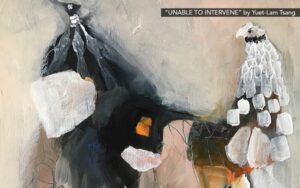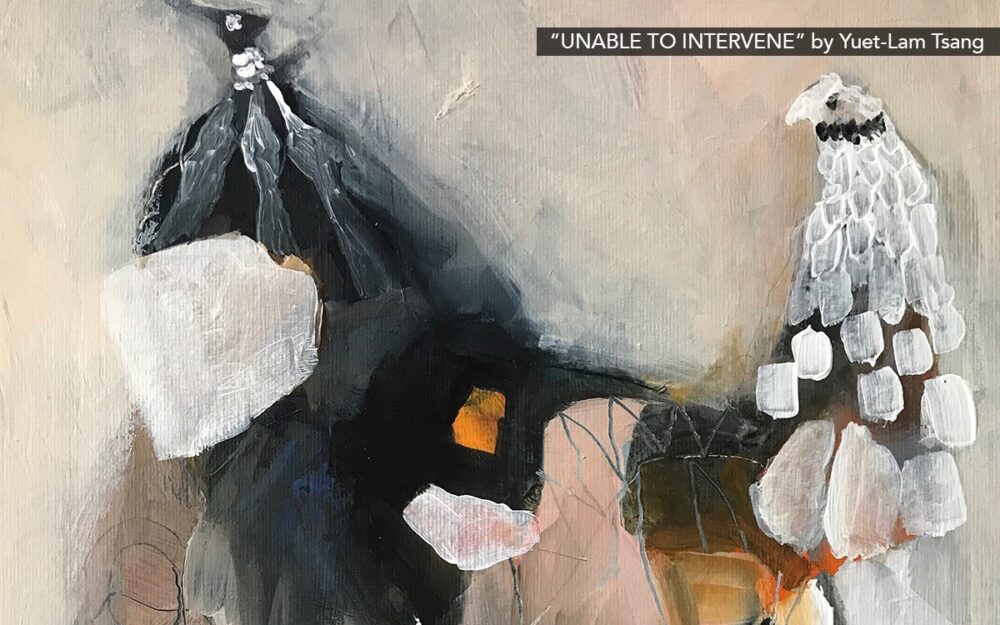
December 5, 2018; Washington Post and November 30, 2018; CNN
When CNN announced on November 29th it had severed ties with contributor Marc Lamont Hill, a professor at Philadelphia’s Temple University, it followed a pattern that has become all too familiar in US public discourse: the muzzling of both high-profile advocates for Palestinian rights and black leaders who draw parallels between colonialism and racism.
Hill was summarily dismissed by CNN following his remarks at a United Nations event for the International Day of Solidarity with the Palestinian People: While advocating for nonviolence, Hill admonished the audience that, “We cannot endorse a narrow politics of respectability that shames Palestinians for resisting, for refusing to do nothing in the face of state violence and ethnic cleansing.” He went on to call for a “free Palestine from the river to the sea.”
A day later, a spokesperson for the network announced that “Marc Lamont Hill is no longer under contract with CNN.”
Noura Erakat, a Palestinian-American attorney and assistant professor at George Mason University, identified the entrenched media bias at work in a cutting op-ed for the Washington Post: “Black and Palestinian struggles are entwined and represent a joint struggle for freedom. In its attempt to squash this trend, the liberal establishment, led by CNN, has inadvertently made this movement even stronger,” she pronounced.
Erakat called black-Palestinian solidarity “a component of a longer legacy of black internationalism and Third World-ism: American black radical thinkers and organizations identify with Third World movements. They consider black communities in the United States as the Third World within the First World.”
Organizations like the Black Panther Party and the Student Nonviolent Coordinating Committee, as well as individuals like Malcolm X and Angela Davis, have called for an international scope for liberation movements, supporting revolutions in China and Cuba as well as anticolonial struggles across the African continent, Southeast Asia, and the Middle East.
Sign up for our free newsletters
Subscribe to NPQ's newsletters to have our top stories delivered directly to your inbox.
By signing up, you agree to our privacy policy and terms of use, and to receive messages from NPQ and our partners.
Erakat cites several examples of the backlash that typically results: In 1956, the House Un-American Activities Committee interrogated actor and football player Paul Robeson for his communist affinities. The committee blacklisted him, the State Department stripped him of his passport for eight years, and concert halls refused to book him. Likewise, in 1967, the US government blacklisted Muhammad Ali from professional sports, stripped him of his heavyweight boxing title and fined him $10,000 as punishment for his refusal to fight in the Vietnam War.
In 1979, this activism was extended into solidarity with Palestinians when Andrew Young, the first black US ambassador to the United Nations, informally met with a Palestine Liberation Organization (PLO) representative. Israeli officials responded harshly and called for Young’s immediate removal. He was forced to resign over the incident.
Years later, in 2016, Black Lives Matter member groups published a platform that endorsed solidarity with Palestinians. In the section on US foreign policy, it described Israel’s treatment of Palestinians as equivalent to genocide and endorsed the call for boycott, divestment, and sanctions (BDS) of Israel. The backlash was severe, with movement events threatened with closure.
Hill’s firing by CNN conforms to that tradition. His primary employer, Temple University, issued a terse statement saying, “We acknowledge [Hill] has a constitutionally protected right to express his opinion as a private citizen.” However, several days later, Patrick O’Connor, chairman of Temple’s board of trustees, made his displeasure known. “It should be made clear that no one at Temple is happy with his comments,” O’Connor said in a statement. “I’m not happy. The board’s not happy. The administration’s not happy. People wanted to fire him right away. We’re going to look at what remedies we have.”
However, if CNN and Temple are allowed to punish Hill with impunity, Russell Rickford, associate professor of history at Cornell University, warns, we will all pay the price. He writes, “We cannot let settler colonialism and its enablers frame the debate over sovereignty or define the geography of revolutionary desire. Agents of the security state—those who erect apartheid walls and checkpoints in Israel and build racialized prisons, militarized borders and detention camps in the United States—regiment the bodies of the displaced and despised. They must not be permitted to regulate consciousness, as well.”
As documented in an Al Jazeera investigation that was pulled from broadcast due to external pressure from those very forces, the US “Israel lobby” seeks to do just that. Footage from the investigative documentary, The Lobby-USA, shows Israeli diplomats complaining about the Black Lives Matter “problem” and boasting about their conversion of black civil rights activists into pro-Israel proxies. The program also revealed how the Israel lobby orchestrated the sudden cancellation of a Black Lives Matter fundraiser at a New York City nightclub.
“[When I] traveled to Palestine, one of the biggest parallels I saw was the way that Palestinian people are criminalized for defending themselves against their oppressors, just like black people fighting oppression in the US are criminalized,” Rachel Gilmer, organizer with the civil rights organization Dream Defenders, told AlterNet. “The way Palestinians are labeled as ‘terrorists,’ black people are labeled as ‘thugs.’”—Pam Bailey













